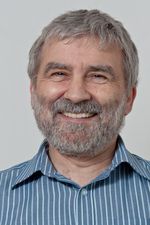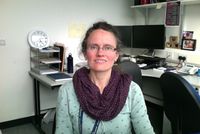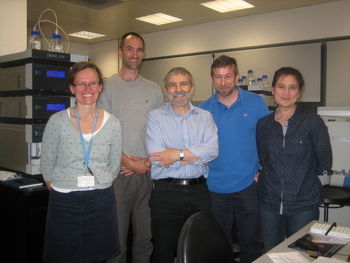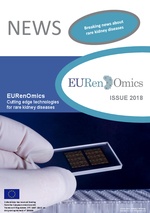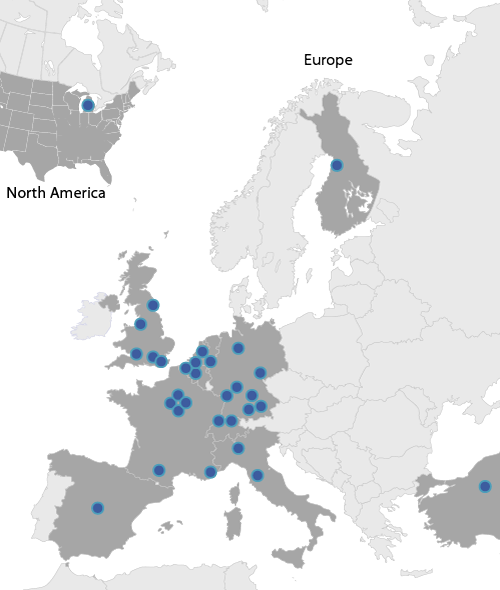University of Manchester
Project Leader
Prof. Paul Brenchley
Phone: + 44 161 276 6323![]() Contact
Contact
Project Staff
Dr. Rachel Lennon
Wellcome Trust Intermediate Clinical Fellow/Hon Consultant Paediatric Nephrologist![]() Contact
Contact
Institute Presentation
A cross faculty team from Faculty of Life Sciences, Faculty of Medical & Human Sciences and Manchester Institute of Biotechnology constitute the Manchester University component of the Work Package on Membranous Nephropathy part of “EURenOmics” a study of rare kidney disease across Europe.
Prof. Paul Brenchley (FHMS and Renal Dept, CMFT) is leading the Manchester team which is focused on understanding how autoantibodies to a receptor (PLA2R) on the podocyte, the specialist cell in the glomerulus that controls filtration of the blood, cause proteinuria and kidney failure in both native and transplanted kidneys. Prof. Brenchley has expertise in clinical and laboratory immunological methods of interogating autoimmune disease, in particular of isolating and characterising antigens and antibodies and studying T & B cell responses.
Dr. Rachel Lennon, Paediatric Renal Consultant at Manchester Childrens Hospital and Wellcome Trust Clinical Investigator in Faculty of Life Sciences group has expertise in podocyte cell biology, in particular, the use of mass spectrometry-based proteomics and imaging to investigate glomerular extracellular matrix in health, ageing and disease states. To investigate intracellular signaling pathways, Rachel uses molecular cloning, protein expression and global analyses of podocyte protein complexes to inform downstream bioinformatic analyses.
Dr. Tom Jowitt (FLS) is applying biophysical techniques to study how autoantibodies interact with different parts of the PLA2R receptor modulate its function. Tom is an expert in hydrodynamics, protein interaction analysis and structural dynamics.
Dr. Edward McKenzie (Protein Expression Facility, MIB) has expertise in molecular biology, cell biology, protein expression and purification with extensive use of cDNA libraries and yeast two hybrid systems.
Dr Jennet Gummodova (Protein Expression Facility, MIB) has expertise in molecular and cell biology, genetics and protein expression. Eddie and Jennet succeeded in 2010 in cloning and expressing full length human PLA2R protein in significant quantities. The complex nature of the protein (large molecular weight, glycosylation, disulphide bond formation and acute susceptibility to protease cleavage) proved highly challenging. The capability of producing recombinant PLA2R proteins has allowed the Manchester team to establish the first diagnostic ELISA assay for the anti-PLA2R autoantibody and to start defining the T and B cell epitopes and structural features of the receptor that cause it to become a target of the immune system.
The Manchester Renal Biobank (managed by Shelley Harris, CMFT) has detailed clinical phenotypes /outcome data/ and sample collections on primary and secondary MN from patients across Manchester and NW England. The team are currently organising a national collection of samples and outcome data from MN patients that have been transplanted. A research nurse will shortly join the team to develop this UK activity
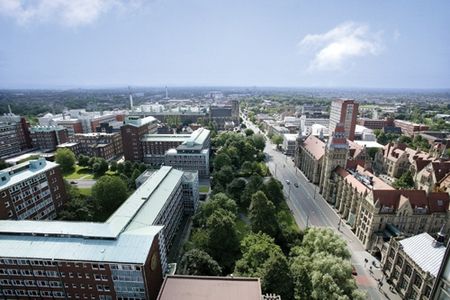
- Aerial View of Manchester University.


